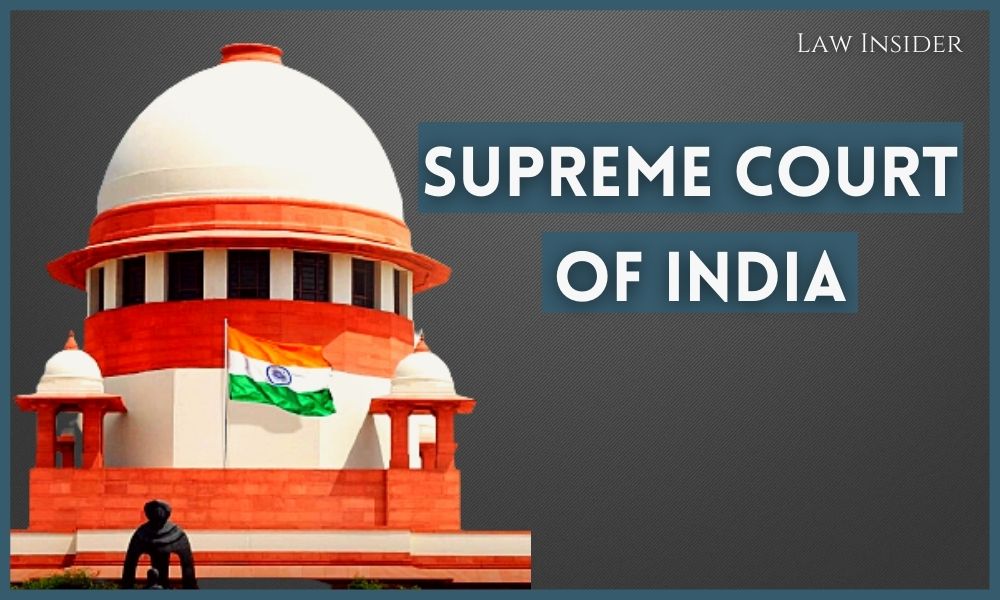LI Network
Published on: 25 September 2023 at 12:15 IST
A Supreme Court Bench comprising Justice BR Gavai and Justice Sanjay Karol has expressed disapproval of the Bombay High Court’s rapid reversal of the findings made by two Civil Courts without affording sufficient opportunities for the parties to be heard or adequately examining the Trial Court records.
In response to this, the Apex Court stated, “The haste with which the Court proceeded to dispose of the appeal without proper and adequate opportunity to address arguments cannot be appreciated. The governing statute lays considerable emphasis on hearing the parties on all questions, the same is reflected in various pronouncements of this Court. The approach adopted by a Court in disposing of such appeals must abide by the same.”
The case centered around a property valued at approximately ₹6,60,000, which the respondent had agreed to sell to the appellant. Despite numerous attempts to finalize the sale deed, it did not materialize because the seller failed to appear at the relevant office, leading to the initiation of civil proceedings.
The Trial Court ordered the intending buyers (plaintiffs) to deposit ₹60,000 as earnest money. Subsequently, the defendants (sellers) were instructed to execute the sale deed. The first appellate Court upheld these orders and also determined that the civil suit was not time-barred.
However, in a second appeal, the High Court overturned both orders. The decision of the High Court was challenged before the Supreme Court.
The Supreme Court emphasized that when overturning findings of fact, the Court is obliged to review the records of the Trial Court or, if already included in the case records, carefully examine them before questioning the credibility of the lower court’s conclusions.
In a similar context, the Court stated, “A Court sitting in second appellate jurisdiction is to frame substantial questions of law at the time of admission, except in exceptional circumstances. After framing such questions, the Court should proceed to hear the parties on these questions, providing them with adequate time to address them. Only after this post-framing hearing should a second appeal be decided.”
Noting that the impugned judgment reversed the concurrent findings of fact regarding the plaintiff’s readiness and willingness to fulfill the contract, without identifying any exceptional circumstances or perversity in the lower courts’ findings, the Supreme Court remanded the case to the High Court for a fresh consideration in accordance with the law.
Case Title: Suresh Lataruji Ramteke V. Sau. Sumanbai Padurang Petkar & Ors.

